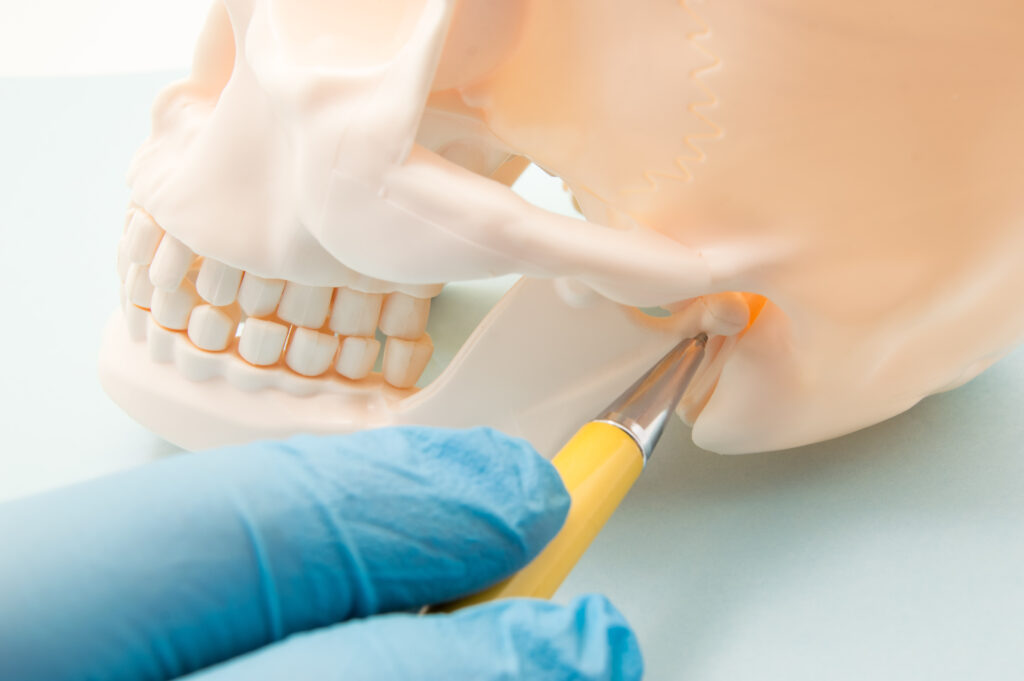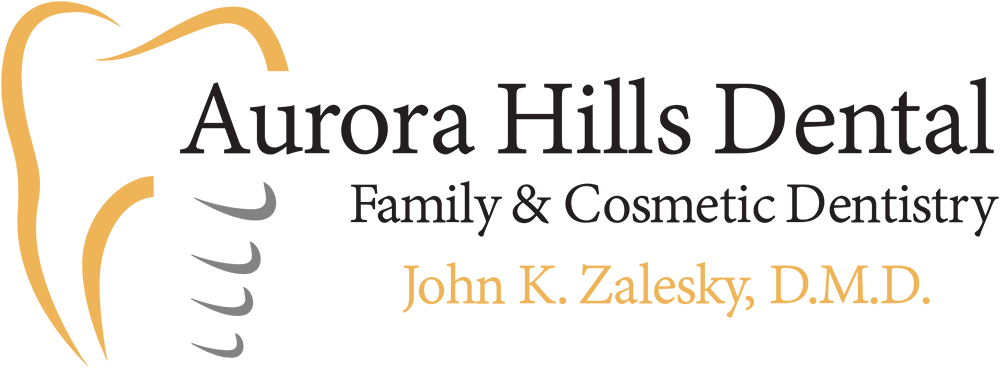TMJ Treatment

What Is TMJ?
TMJ refers to the temporomandibular joints, the jaw joints located on each side of your mouth. These joints are responsible for all the movements of your jawbones including chewing, moving your jaw from side to side, and opening and closing your mouth.
The terms TMJ, TMJ disorder, or TMD are all commonly used to refer to a common disorder resulting from various dysfunctions associated with the temporomandibular joints.
What Causes TMJ Disorder?
There is no singular cause of TMJ disorder. Different people experience problems with their temporomandibular joints for different reasons. Often, people suffer from TMJ disorder due to a combination of underlying conditions that all contribute to the dysfunction of the joints.
Some factors that can contribute to TMJ disorder include:
- Malocclusion (misaligned bite)
- Misaligned disc in the jaw joints
- Bruxism or sleep bruxism (clenching or grinding the teeth)
- Arthritis
- Injuries or other damage to the temporomandibular joints
- Certain diseases of the connective tissues
- Genetics
Signs and Symptoms of TMJ Disorder
While we typically take digital x-rays or a CBCT scan to explore the underlying cause of a patient’s TMJ disorder, our dentist can often diagnose TMJ disorder based on a patient’s symptoms alone.
Signs and symptoms of TMJ disorder include:
- Pain or tenderness in your jaw
- Pain or tenderness in either or both of the temporomandibular joints
- Frequent headaches, tension headaches, and migraines
- Facial pain
- Aching pain in the area of your ears
- Tinnitus (ringing in the ears)
- Bruxism and sleep bruxism (grinding and clenching of the teeth)
- Difficulty or pain when chewing or opening and closing the mouth
- Lockjaw
- Popping or clicking noises in the jaw joints
- Grinding sensation when moving the jaw
If you experience any of these symptoms, we recommend scheduling a TMJ consultation and evaluation with our dentist.
The Benefits of Treating TMJ Disorder
If you suffer from TMJ disorder, it is well-worth seeking help and getting it treated. The benefits of treating TMJ disorder include:
- Overall improved quality of life
- Relief from the persistent pain and tension in your temples, jaws, head, neck, and shoulders
- Fewer headaches, migraines, and earaches
- No more tinnitus or ringing in the ears
- The ability to chew and eat your food comfortably and normally with bite correction
- Reduced instances of bruxism and sleep bruxism and the damage these conditions cause your teeth
TMJ Disorder Treatment at Aurora Hills Dental
Depending on the underlying cause of TMJ disorder, there are a variety of treatments and therapies that can address it while helping patients find relief. Treatments can vary from nightguards, orthodontics, or even injections to corrective surgery and physical therapy.
At Aurora Hills Dental, we offer a variety of solutions and strategies to approaching treatment for TMJ disorders in our patients. Dr. Zalesky first evaluates your condition to determine the underlying cause of your symptoms. He then discusses his findings with you and can provide you with a recommendation for treatment to help you find relief going forward.
To learn more or schedule a consultation, we welcome you to contact our dental office in Aurora today.




